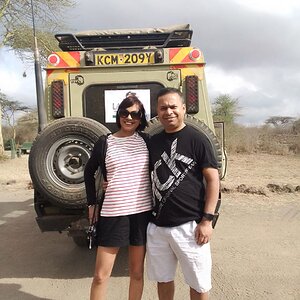KMANACP
TPF Noob!
- Joined
- May 18, 2012
- Messages
- 17
- Reaction score
- 0
- Location
- United States
- Can others edit my Photos
- Photos OK to edit
Hey everyone,
I've been lurking on here for quite a while... figured I'd just man up and make an account.
I have a T2i and a 50mm f1.8 + the stock 55mm lens. I'm not looking to purchase a new lens for around a year or so... but I've been really getting into photography and believe my next lens will be an L.
I just had a question regarding editing photographs because I'm a little confused. I was told to always shoot in RAW which I do, however, are there any tutorials to editing the photograph after shot? From what I saw on youtube... people just plug the photo into Lightroom and play around with the saturation, exposure, etc.... I can do the same thing with my JPEG on iPhoto... Why shoot RAW? Should I be focusing more on getting the right shot rather than the editing that follows?
Any advice would be appreciated!
I've been lurking on here for quite a while... figured I'd just man up and make an account.
I have a T2i and a 50mm f1.8 + the stock 55mm lens. I'm not looking to purchase a new lens for around a year or so... but I've been really getting into photography and believe my next lens will be an L.
I just had a question regarding editing photographs because I'm a little confused. I was told to always shoot in RAW which I do, however, are there any tutorials to editing the photograph after shot? From what I saw on youtube... people just plug the photo into Lightroom and play around with the saturation, exposure, etc.... I can do the same thing with my JPEG on iPhoto... Why shoot RAW? Should I be focusing more on getting the right shot rather than the editing that follows?
Any advice would be appreciated!


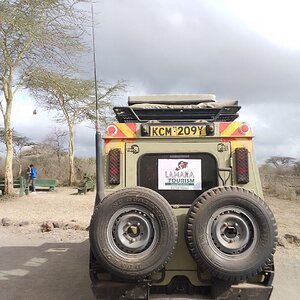
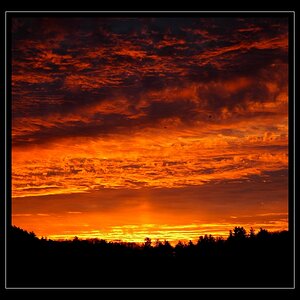

![[No title]](/data/xfmg/thumbnail/30/30865-3dc03385b0036f80524b0636d0d56f07.jpg?1619734484)
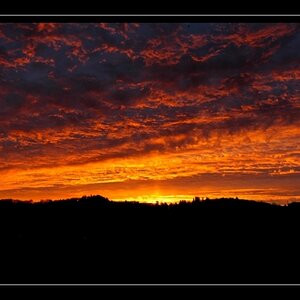
![[No title]](/data/xfmg/thumbnail/31/31757-4f5257d19be4e34c6bdcbd2519380d53.jpg?1619734994)
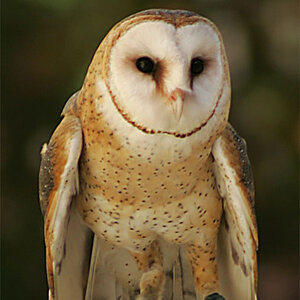
![[No title]](/data/xfmg/thumbnail/30/30862-d177ccfc3a82369b1005863cfe5fd13d.jpg?1619734481)
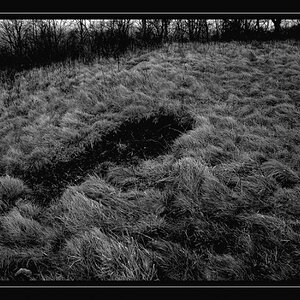
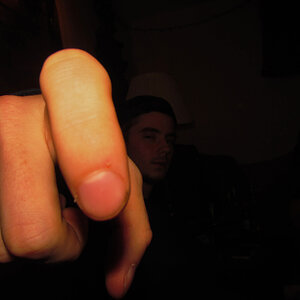
![[No title]](/data/xfmg/thumbnail/31/31758-546fe80b548bda08983001811ab5be60.jpg?1619734994)
